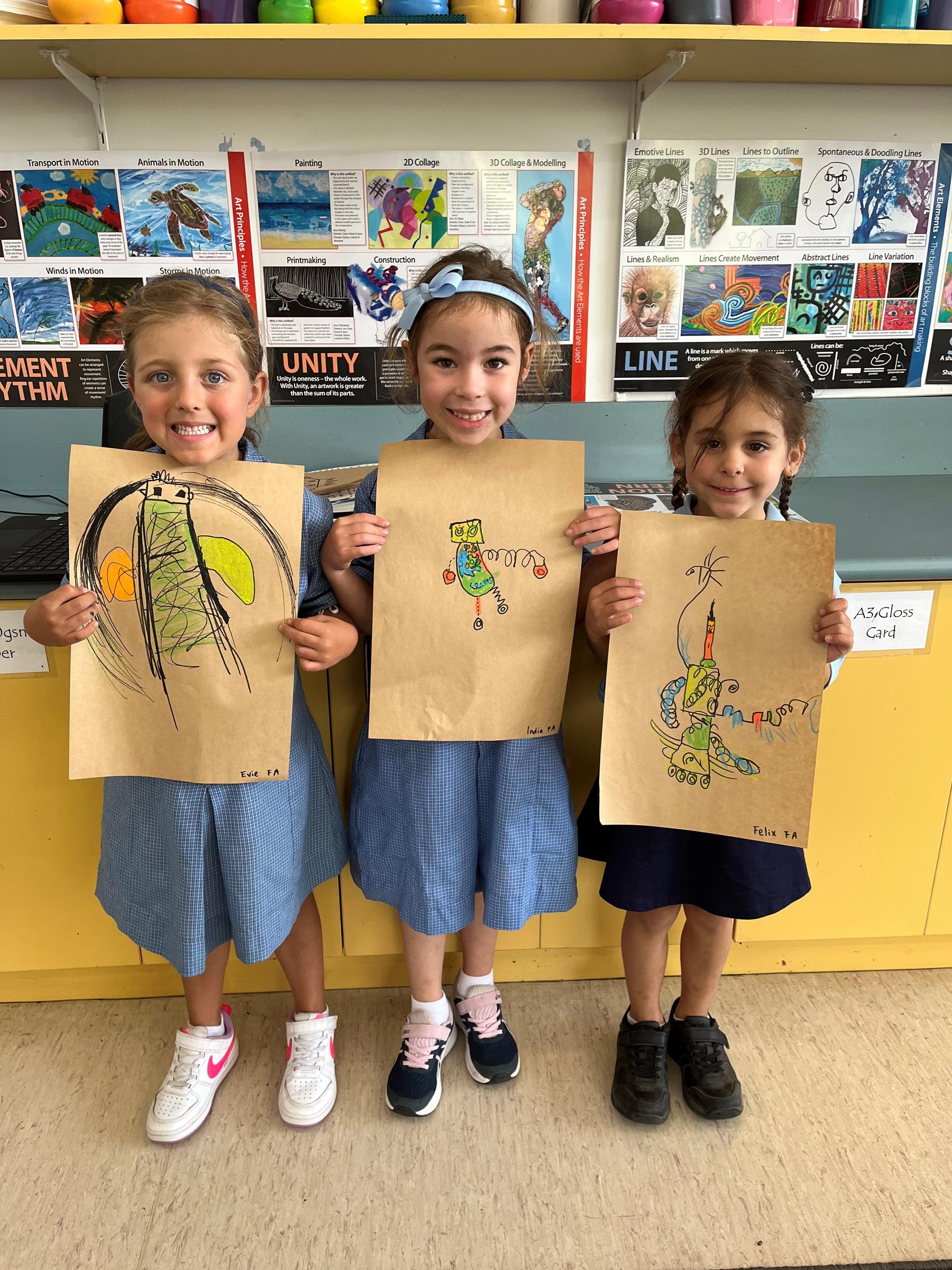From the
Assistant Principal

From the
Assistant Principal


Dear Parents/Carers,
Over the last two years, our students have spent more time online
than ever before. They participated in online learning and socialised
with peers online via various platforms. Being a member of an online community has the same safety implications as any other community. We all have a responsibility in educating our students to be
responsible digital citizens.
Online safety issues can impact anyone at any time. Research shows that most Australian adults (67%) have had a negative experience online. It’s important that the internet is a safe place for all Australians. No one should face serious online abuse alone. The new online safety laws are supporting Australians to get the help they need if they experience serious online abuse. The eSafety commission helps all Australians to stay safe online. They support people with online safety issues such as the cyber-bullying of children, sharing intimate images or videos without the consent of the person shown (known as image-based abuse), adult cyber-abuse and exposure to illegal and restricted online content. If this happens to you or someone you know, eSafety can help.
The Online Safety Act 2021 was introduced by the Australian Government. This means there are new laws in place to protect all Australians online. If you experience serious online abuse, you can report it to eSafety, who can help you get the abusive content removed and access support.
The new online safety laws are there to protect you from serious online abuse that can harm you mentally or physically. Serious online harm can have an impact on people physically or on their mental health. It might be temporary, or it might have a permanent impact. The laws cover:
Tips to stay safe online
Learn about online safety risks.
The best way to stay safe online is to understand the risks and what can go wrong. You can visit eSafety.gov.au for information and resources.
Check your security settings.
Looking after your privacy is important online. You can check your account settings to make sure that people are not able to access your information or contact you without your consent. There are tips available for checking the security settings for each platform at eSafety.gov.au
Talk to someone you trust.
You can also talk to someone you trust if you are unsure about something that has happened online. The more we talk about online safety, the more we can grow and learn together as a community.
Where to get help
eSafety
Resources and information is available to help parents and kids stay safe online. It includes videos, games, support, and research-based information, and everything is free of charge eSafety.gov.au
Kids Helpline
Kids Helpline provides free, confidential online counselling for children and young people. You can talk to Kids Helpline about experiences online.
kidshelpline.com.au or phone 1800 55 1800.
The eSafety Commission provide free webinars for parents and carers. These live webinars give parents and carers the knowledge, skills and tools to support their children to have safe online experiences.
Upcoming Webinar: Safer online gaming
Help your kids stay safe by learning about the benefits and risks of online gaming. This webinar is designed for parents and carers of young people aged 8 to 13 years of age.
It will cover:
Term 2 dates (Australian Eastern Standard Time)
Register Here: https://register.gotowebinar.com/rt/4934585514215344653
Kind regards,
Tiffany Bamford
Assistant Principal